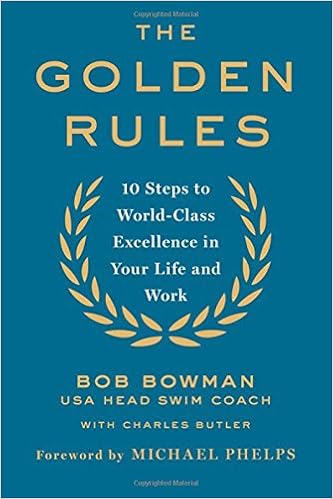Since the dawn of civilisation people have speculated about apocalyptic bangs and whimpers that could wipe us out. Now a team from Oxford university’s Future of Humanity Institute and the Global Challenges Foundation has come up with the first serious scientific assessment of the gravest risks we face.
Although civilisation has ended many times in popular fiction, the issue has been almost entirely ignored by governments. “We were surprised to find that no one else had compiled a list of global risks with impacts that, for all practical purposes, can be called infinite,” says co-author Dennis Pamlin of the Global Challenges Foundation. “We don’t want to be accused of scaremongering but we want to get policy makers talking.”
The report itself says: “This is a scientific assessment about the possibility of oblivion, certainly, but even more it is a call for action based on the assumption that humanity is able to rise to challenges and turn them into opportunities. We are confronted with possibly the greatest challenge ever and our response needs to match this through global collaboration in new and innovative ways.”
There is, of course, room for debate about risks that are included or left out of the list. I would have added an intense blast of radiation from space, either a super-eruption from the sun or a gamma-ray burst from an exploding star in our region of the galaxy. And I would have included a sci-fi-style threat from an alien civilisation either invading or, more likely, sending a catastrophically destabilising message from an extrasolar planet. Both are, I suspect, more probable than a supervolcano.
But the 12 risks in the report are enough to be getting on with. A few of the existential threats are “exogenic”, arising from events beyond our control, such as asteroid impact. Most emerge from human economic and technological development. Three (synthetic biology, nanotechnology and artificial intelligence) result from dual-use technologies, which promise great benefits for society, including reducing other risks such as climate change and pandemics — but could go horribly wrong.
Assessing the risks is very complex because of the interconnections between them and the probabilities given in the report are very conservative. For instance, extreme global warming could trigger ecological collapse and a failure of global governance.
The authors do not attempt to pull their 12 together and come up with an overall probability of civilisation ending within the next 100 years but Stuart Armstrong of Oxford’s Future of Humanity Institute says: “Putting the risk of extinction below 5 per cent would be wildly overconfident.” (more…)


 How many times does one have to read good advice before acting on it? I don’t know. I for one continue to struggle. This time the advice comes from Bob Bowman, Michael Phelps’s coach, in The Golden Rules: 10 Steps to World-Class Excellence in Your Life and Work (St. Martin’s Press, 2016), written with Charles Butler.
How many times does one have to read good advice before acting on it? I don’t know. I for one continue to struggle. This time the advice comes from Bob Bowman, Michael Phelps’s coach, in The Golden Rules: 10 Steps to World-Class Excellence in Your Life and Work (St. Martin’s Press, 2016), written with Charles Butler.